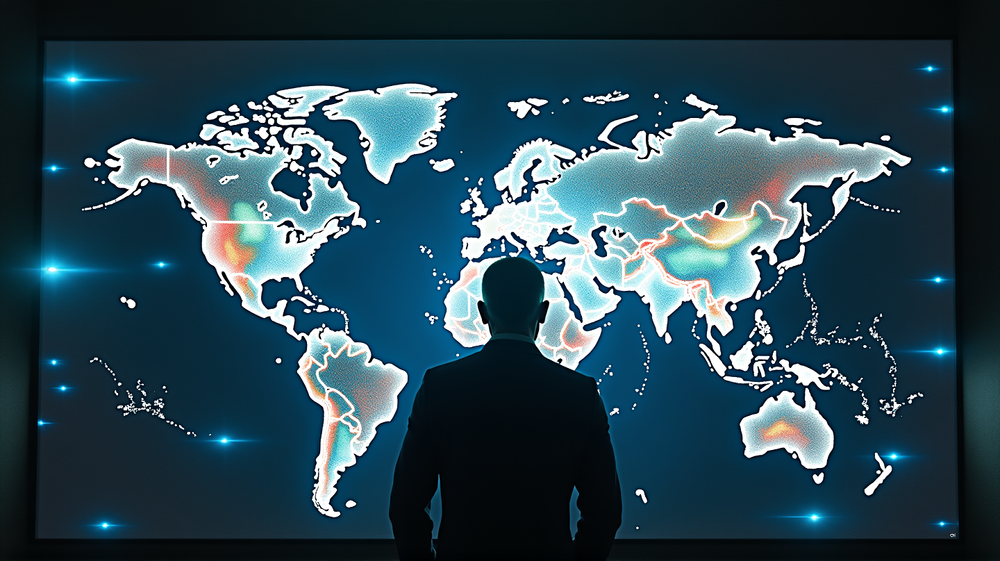Hidden strategies and complex relationships lie beneath the surface of international trade decisions. This intricate dance is exemplified by Donald Trump’s trade war with Brazil, a maneuver seemingly influenced by giant US tech companies such as Google, Meta, and Amazon. According to openDemocracy, this conflict is a fascinating tale of diplomacy, economics, and technology.
Unraveling the Lobby’s Influence
US tech giants have long leveraged their influence over political decisions, and Trump’s trade dispute with Brazil appears to follow this trend. Officially, the dispute centers on accusations that Brazil engaged in “unfair” trade practices. However, many believe these allegations conveniently align with the interests of Big Tech, which has faced various regulatory hurdles in Brazil.
Digital Trade Under the Microscope
Remarkably, the investigation targets issues such as Brazil’s digital trade regulations, electronic payment services, and intellectual property policies. Key among these are regulations that tech firms argue impede their operations. It’s no coincidence that the Computer & Communications Industry Association (CCIA), a body supported by major tech firms, has previously criticized Brazil’s policies.
The Brazilian Backlash
One cannot discuss the trade tension without acknowledging the political backdrop. Trump has voiced his disapproval of Brazil’s treatment of former President Bolsonaro, an ally. The courtroom struggles of Bolsonaro and the simultaneous trade investigation underline the intricate link between judicial isolation and economic pressure.
Big Tech’s Call to Arm
The report from CCIA urges the US to scrutinize Brazil’s legislative moves, especially those pertaining to data privacy and the regulation of foreign tech entities. These are seen as restrictive by the giants of Silicon Valley, who view them as barriers to competition and innovation.
Ripples in the E-Commerce Arena
Further complicating matters is Brazil’s so-called ‘blouses tax,’ an import tariff that affects online shopping and disrupts trade. This, coupled with high tariffs on digital services, has ruffled feathers among the tech community, sparking calls for intervention by the US administration.
The Road Ahead: AI and Digital Sovereignty
Brazil’s legislative stance on AI development and digital sovereignty is a critical front in this battle. New laws may enforce stringent guidelines on AI use, a development that big tech views with apprehension. Such measures could, in their eyes, unfairly disadvantage their competitive edge.
Seeking Fairness, Finding Complexity
As the pieces move on the international trade chessboard, it’s a story of power, policy, and principal that captivates observers around the globe. The unfolding narrative between Trump’s administration and Brazil unveils deeper questions about the future of global commerce, especially in the ever-evolving digital landscape.













